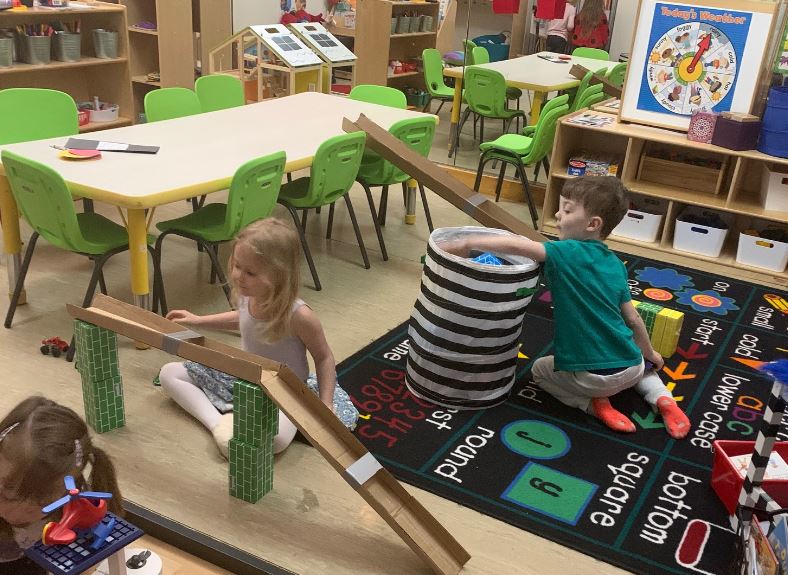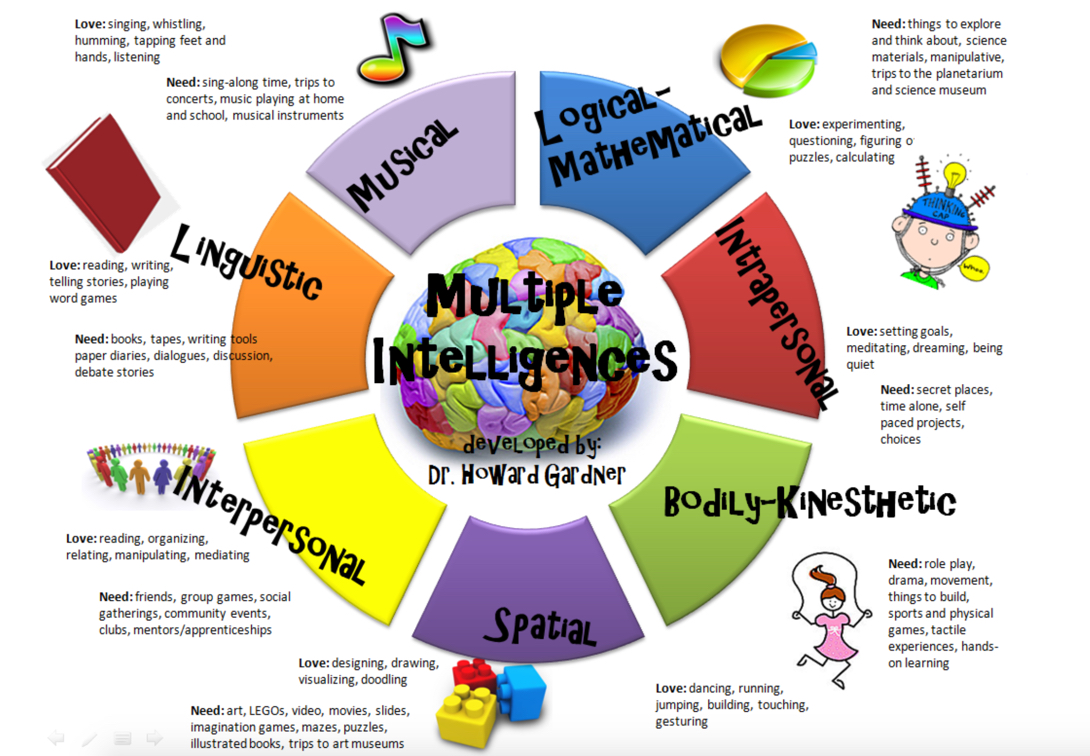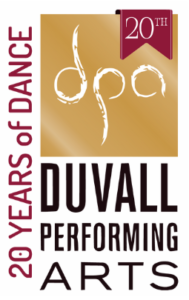
Artful Steps Early Learning
PROGRAMS
ARTS ENRICHMENT CLASSES:
Music for 3's & PreK
Countless studies show strong ties between a music education and improved language development (and therefore social development), spatial intelligence, neural activity, IQ, and more. By exposing our little ones to the joys of music through listening, interpreting, and performing music using their voices and instruments, their brains make new connections to the world around them - all while having a lot of fun. We will make joyful noise while gaining exposure to instruments, rhythm, pitch, basic music notation, and other exciting musical concepts, and experience the delight of understanding music at a new level.
Dance for 3's & PreK
A healthy brain starts with a moving body! It's true! Moving helps make new neural pathways for your brain and greatly improves your memory when you use your muscles to learn. Young children are eager movers and in dance class they will learn how their bodies move through space by themselves and around others. They will learn how to move to different tempos and beats. Their core is strengthened by exercising with an intent to move in a certain way and match a teacher or peer. While dancing can be a group event, we will also take time to see how we each contribute different moves to the Big Picture of a dance piece. Students gain individual confidence with peers and help them see how everyone has something different and unique to share.
Theatre for PreK
Theatre provides children with a unique, immersive learning experience that engages their endless imagination and ability to create. Through the exploration of characters, stories, purposeful body movement and facial expressions, kids will gain confidence, empathy, and build their communication skills. Their focus and memory will improve as they learn lines, participate in theatre games, and gain a basic theatre vocabulary. By learning about and participating in the production process, including costumes, props, set design, cast and crew, students will discover a variety of ways to bring their unique skills and personality to the theatre world.
Supportive Curriculum
- Within this structure we use Zoo-phonics, a Multisensory Language Arts Program… read more about it on their website
- We also use Touch Math as a visual and kinesthetic connection to learning numerals 0-9.
- Handwriting Without Tears provides structure, guidance, and consistency for our 4's class and provides a great transition into Kindergarten fine motor skills.
- Our themes determine our songs, dance, art projects, and theatre experiences.
- Family Nights: 2-3 times a year, we invite our families into our studio space to experience different themed activities with their child(ren). We'll decorate pumpkins and holiday ornaments, try our hand at buidling a car for a drive-in-movie, or make the messiest of art projects with one another!
- Field Trips: 3-4 times a year we meet outside the classroom for experiences like the pumpkin patch, Storybook Theatre, a trip to the Fire Station, and other unique experiences.
MULTIPLE INTELIGENCES
Our classroom and studio environment is structured to support the theory of Multiple Intelligences as developed by Dr. Howard Gardner. Like Dr. Gardner, we also believe that each child has unique learning strategies and it is our desire to use music and movement to enhance their learning abitlites.
Here is what Dr. Gardner shares about his theory…Gardner says that these differences "challenge an educational system that assumes that everyone can learn the same materials in the same way and that a uniform, universal measure suffices to test student learning. Indeed, as currently constituted, our educational system is heavily biased toward linguistic modes of instruction and assessment and, to a somewhat lesser degree, toward logical-quantitative modes as well." Gardner argues that "a contrasting set of assumptions is more likely to be educationally effective. Students learn in ways that are identifiably distinctive. The broad spectrum of students - and perhaps the society as a whole - would be better served if disciplines could be presented in a numbers of ways and learning could be assessed through a variety of means."




